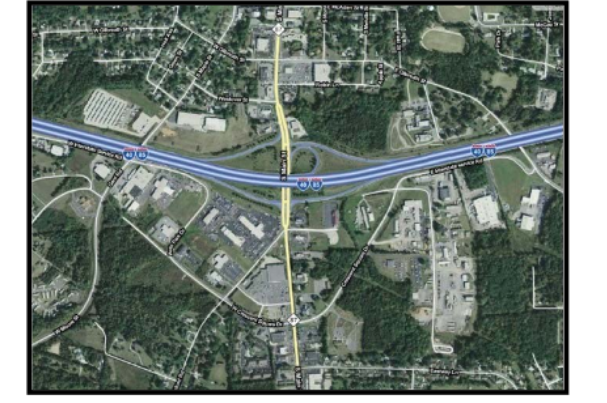Business Resources
Opening a business in Graham
The Planning Department will coordinate development meetings for business owners to assist in learning the City of Graham’s necessary permitting, zoning, and licensing approvals required to establish and operate a business in Graham. The Downtown Development Coordinator is responsible for the initiation and management of programs and initiatives to retain and grow private investment and business development in Downtown Graham, as well as surrounding commercial areas to grow economic development and vitality of the City.
Adopted Plans
2035 Comprehensive Plan [Adopted 9.5.2015] – This plan, is a road map for the City’s future outlining goals and strategies for creating a vibrant community along with recommendations about future land use.
Downtown Master Plan [Adopted 11.6.2019] – This plan, serves as a vision for downtown development and will guide future City investments including engineering, designing, and up-fitting critical infrastructure.
Pedestrian Transportation Plan [Adopted 12.01.2006] – This plan, recommends both physical and policy changes to improve walking in our community.
Hazard Mitigation Plan [Adopted 9.3.2015] – This plan, updated from the Alamance County Hazard Mitigation Plan, deals with disasters to floods.
Burlington-Graham Metropolitan Transportation Plan (MTP) – documents the regions vision for its future transportation system (including all modes) and prioritizes transportation improvements over the next twenty-five years.
Incentives
There a number of state, county, and city incentives designed to attract and retain quality job growth.
Technical Review Committee (TRC)
A Technical Review Committee meeting is to ensure compliance with state and federal law. We also verify that a developer will minimize impacts to adjacent landowners, as well as review proposals for alignment with the City of Graham’s Development Ordinance. Generally, TRC meetings are held on Mondays at 2PM in the Conference Room at Graham City Hall. The TRC meeting is early on in the Development Process (view new business checklist).
Who is Involved in a TRC Meeting?
All city departments, NCDOT, the railroad, Duke Power, USPS, the school system, E911 addressing, and others, as well as the developer and any of their representatives.
Prior to a TRC Meeting
Prior to a TRC meeting, an applicant is responsible for creating a site plan and submitting the same to the City. They are encouraged to use the Site Plan Review Checklist. (view the application for Site Plan Review).
What Items Need to be Brought to the TRC Meeting?
Most TRC plans require a Professional Engineer to design them, due to the State of North Carolina’s Stormwater Permitting regulations. As such, all projects and proposals for the TRC should come with a set of plans, almost always those plans must be completed by a PE.
What to Expect at the TRC Meeting?
At the TRC meeting, the applicant is given feedback from all of the attendees. Depending on the size of the development, sometimes there can be quite extensive notes.
What Happens Next After the TRC Meeting.
The applicant is expected to revise and resubmit until they receive TRC approval for their site plan. At this point, the applicant is authorized by the City of Graham to begin site construction, and the City of Graham will sign off on any third party requirements (such as water, sewer, and road extensions).
Every successful City has a strong economic foundation with a broad number of choices in education and employment. Graham has many assets that make it an ideal place to live and work, with a high potential for economic growth and investment. Graham is positioned to…
- Create vibrant centers, especially downtown
- Improve access to living wage jobs
- Maximize land use efficiency
- Make education a strong point
- Attract compact built form
- Growing sustainably

